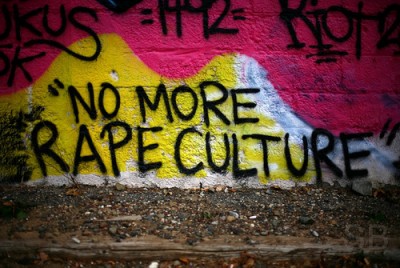
One of the most dangerous misconceptions about our present political climate is that it is broken. That too many “bad apples” have achieved high-ranking positions and it s their greed and malfeasance that is to blame for rising inequality and state-sanctioned violence. Overcrowded prisons, rapid gentrification, industrial disasters, and predatory banking practices aren’t bugs, they’re features of our current historical moment. Even if CEOs and presidents wanted to end any of these problems tomorrow, they could easily be sued or even jailed for threatening their bottom lines. And while we should never hold critics to the impossible standard of “come up with a better system” it never hurts, from time to time, to play Minecraft with words and come up with some replacements for the current way of doing things. What would a vastly better technological society look like? more...









